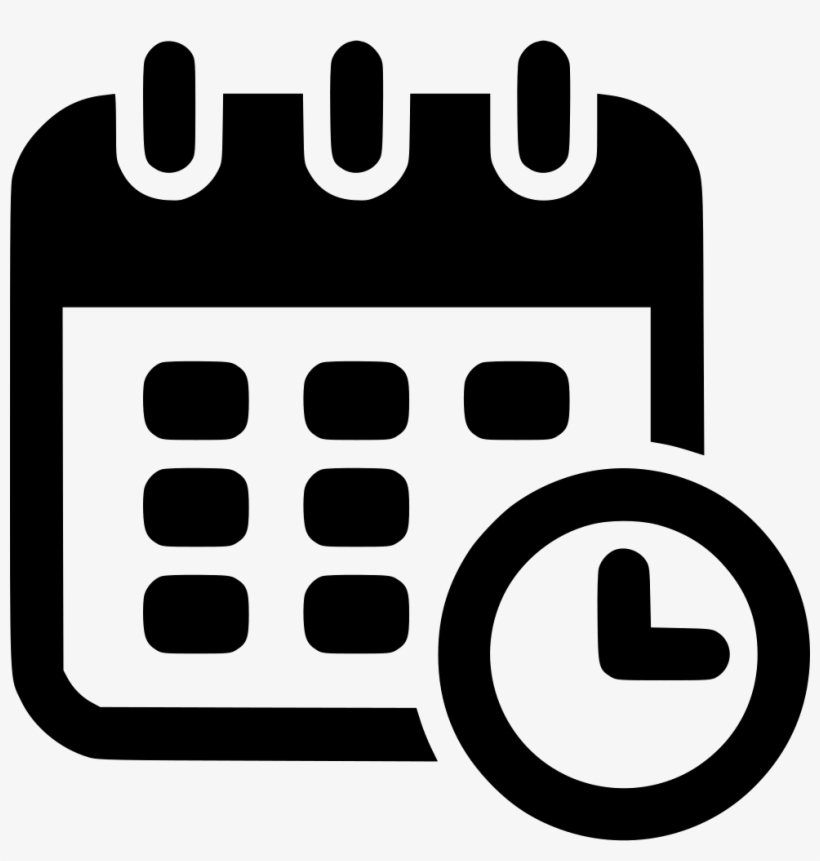
Science Communication
Communicating Uncertainty in Science

 Andres Pagan, Senior Associate Editor
Andres Pagan, Senior Associate Editor
 May 2025
May 2025
We live in a world where scientific findings regularly make headlines, be they climate change projections, public health advice, or AI breakthroughs. Yet, scientific knowledge is rarely absolute. Most research findings come with caveats, probabilities, and unknowns. Communicating that uncertainty clearly is a critical part of building public trust in science.
In academic publishing, researchers often emphasize precision, confidence, and clarity. But when those same findings are shared outside scholarly circles—to journalists, policymakers, or the general public—the nuance can get lost. Sometimes, uncertainty is misinterpreted as weakness, unreliability, or indecision. This gap between what scientists mean and what people hear can lead to confusion, skepticism, and even misinformation. So how can researchers do a better job of communicating uncertainty and complexity?
Below, we explore why communicating uncertainty matters and strategies that can help minimize confusion.
Why scientific uncertainty is so difficult to explain
Science is a process of constant refinement. A single study rarely settles a question for good. Instead, it adds to an evolving body of evidence. Uncertainty is built into the process, whether it is about the likelihood of an outcome, the limitations of a method, or the assumptions in a model. However, the public often expects clear answers; this expectation is reinforced by media headlines, social media posts, and even journal press releases that simplify or sensationalize results. For example, a headline like “New study proves X” may not reflect the study’s real conclusions, which might involve statistical ranges, potential biases, or limitations in scope.
What can academics do?
Academic publishing plays a central role in shaping how research is communicated. Traditionally, papers are written in technical language for a specialized audience. But increasingly, journals are recognizing the importance of making findings accessible to nonspecialists, including policymakers, journalists, and the general public.
Some ways researchers (and publishers) can improve how they communicate uncertainty include:
Using plain language summaries
Many journals now include plain language summaries or lay abstracts. These are short descriptions of a study’s findings written in nontechnical terms. Including honest statements about limitations or remaining questions helps the audience understand what the study does—and doesn’t—say.
Highlighting ranges, not single numbers
Whether in a climate model or a medical risk estimate, presenting a range of possible outcomes (with explanations of confidence levels) gives a more realistic picture than a single figure. Some journals support this by encouraging authors to include uncertainty intervals in graphs and summaries.
Being transparent about limitations
Every study has limitations—small sample sizes, short time frames, measurement uncertainties. Being upfront about these limitations, even in summaries or headlines, helps prevent overgeneralization. It also shows that scientists are honest and self-critical.
Avoiding overselling results
Researchers are sometimes tempted to frame their findings in bold or definitive terms to get published or noticed. However, it is better to frame findings as contributing to a bigger picture rather than claiming to be an unprecedented discovery.
Uncertainty in science is not a flaw, it’s a feature. It reflects how science is a process of discovery, not a collection of absolute truths. For researchers, learning to communicate this uncertainty clearly is an essential skill. Ultimately, communicating uncertainty more honestly can help science connect with broader audiences more effectively. In an age of misinformation and polarization, honest, transparent science communication is more important than ever.
 Previous Article
Next Article
Previous Article
Next Article 
 Tweet
Science Communication
Tweet
Science Communication

 Andres Pagan, Senior Associate Editor
Andres Pagan, Senior Associate Editor
 May 2025
May 2025 Previous Article
Next Article
Previous Article
Next Article 